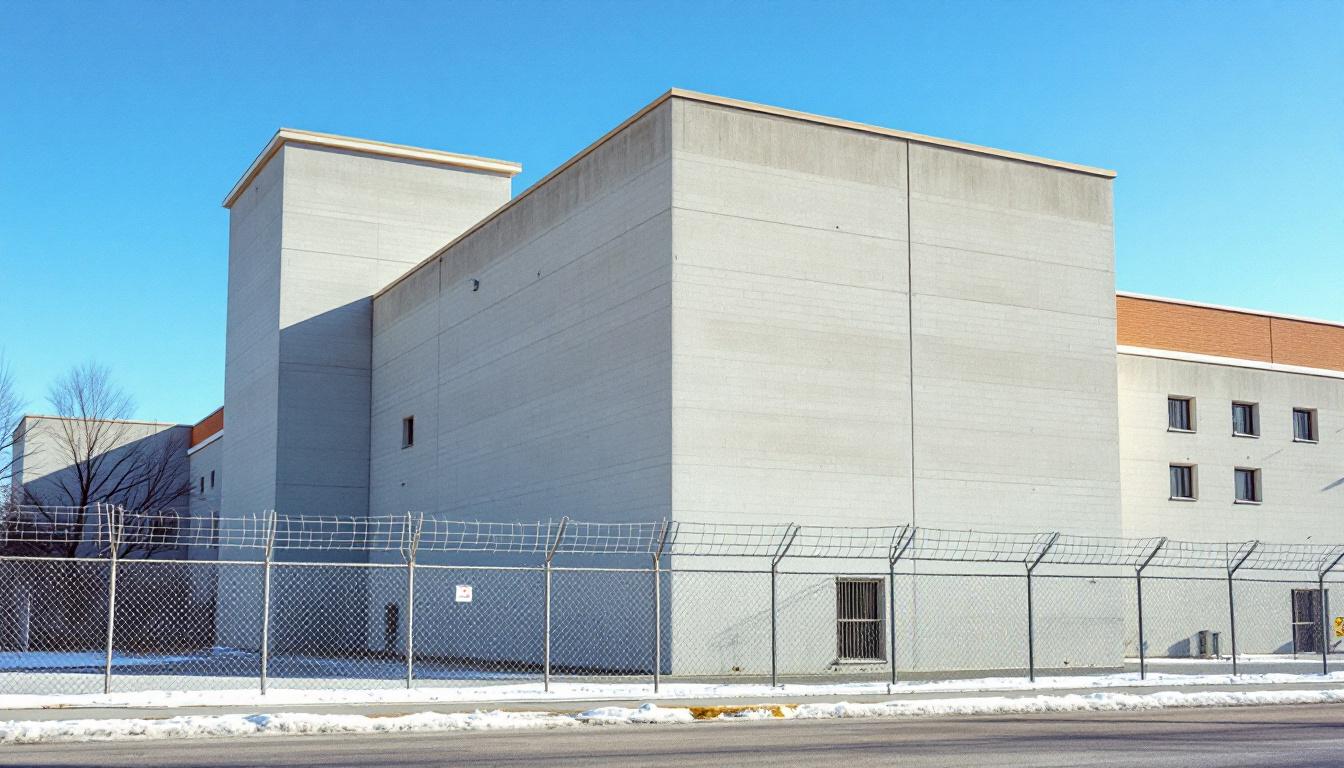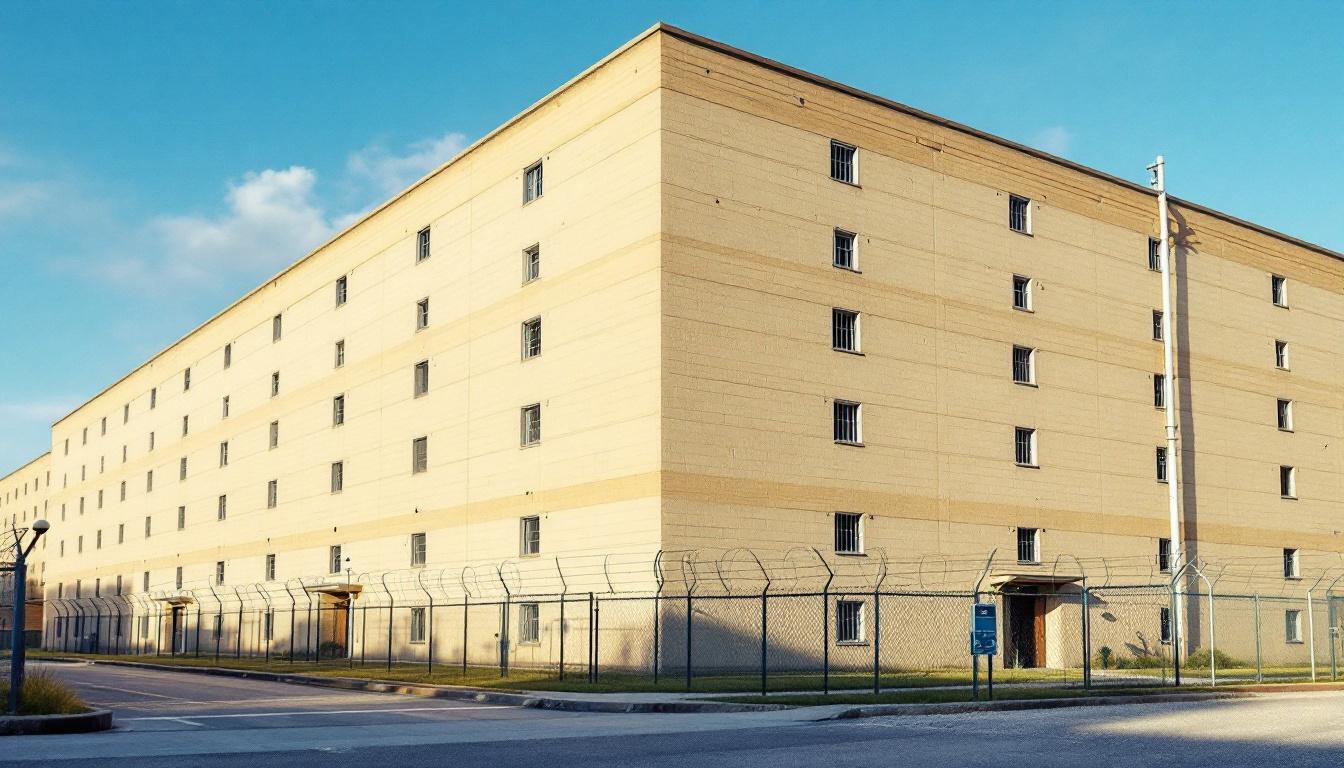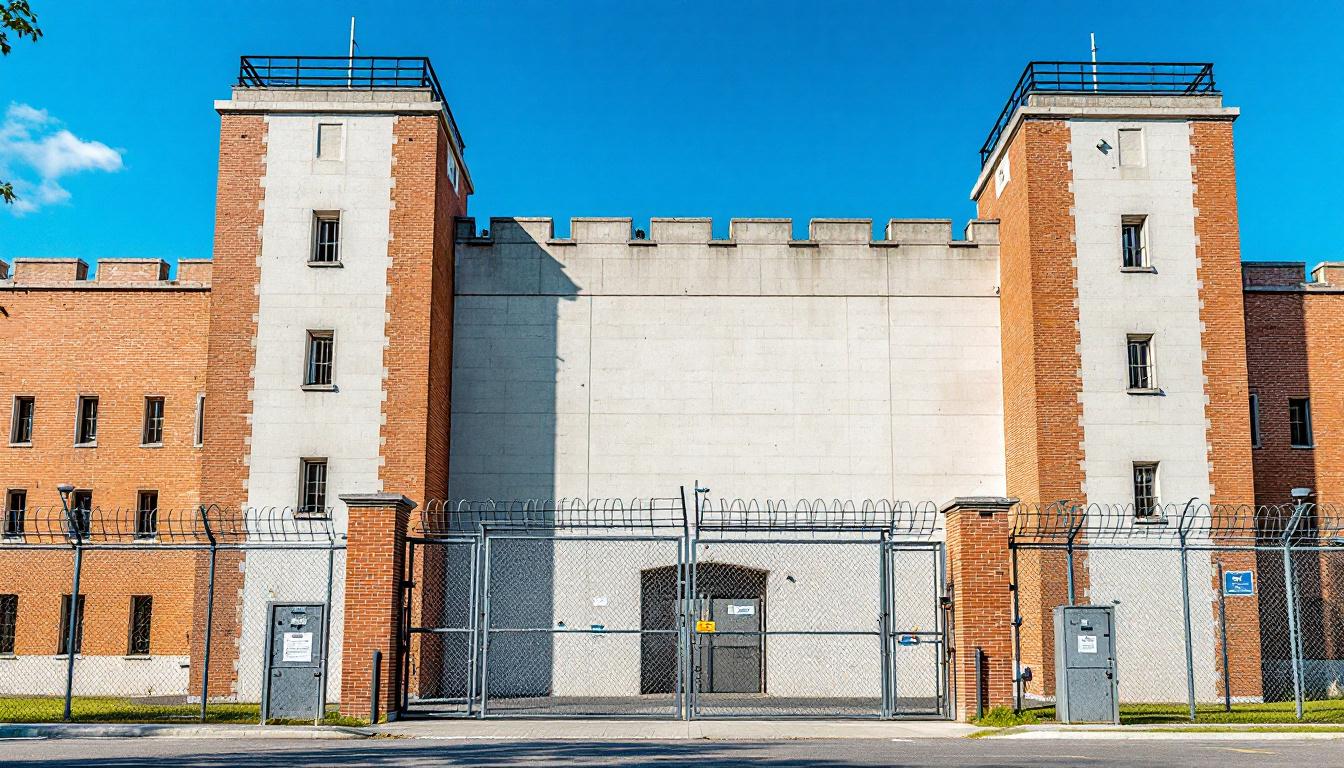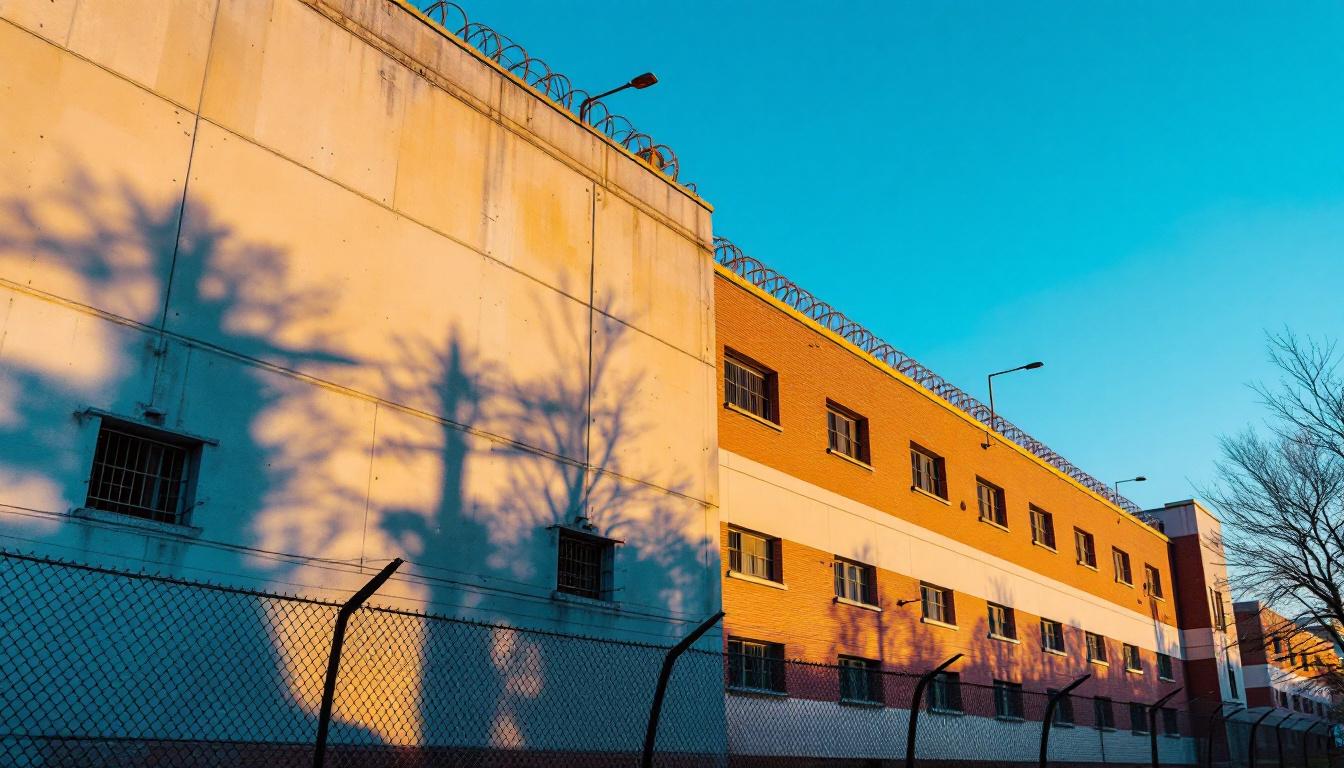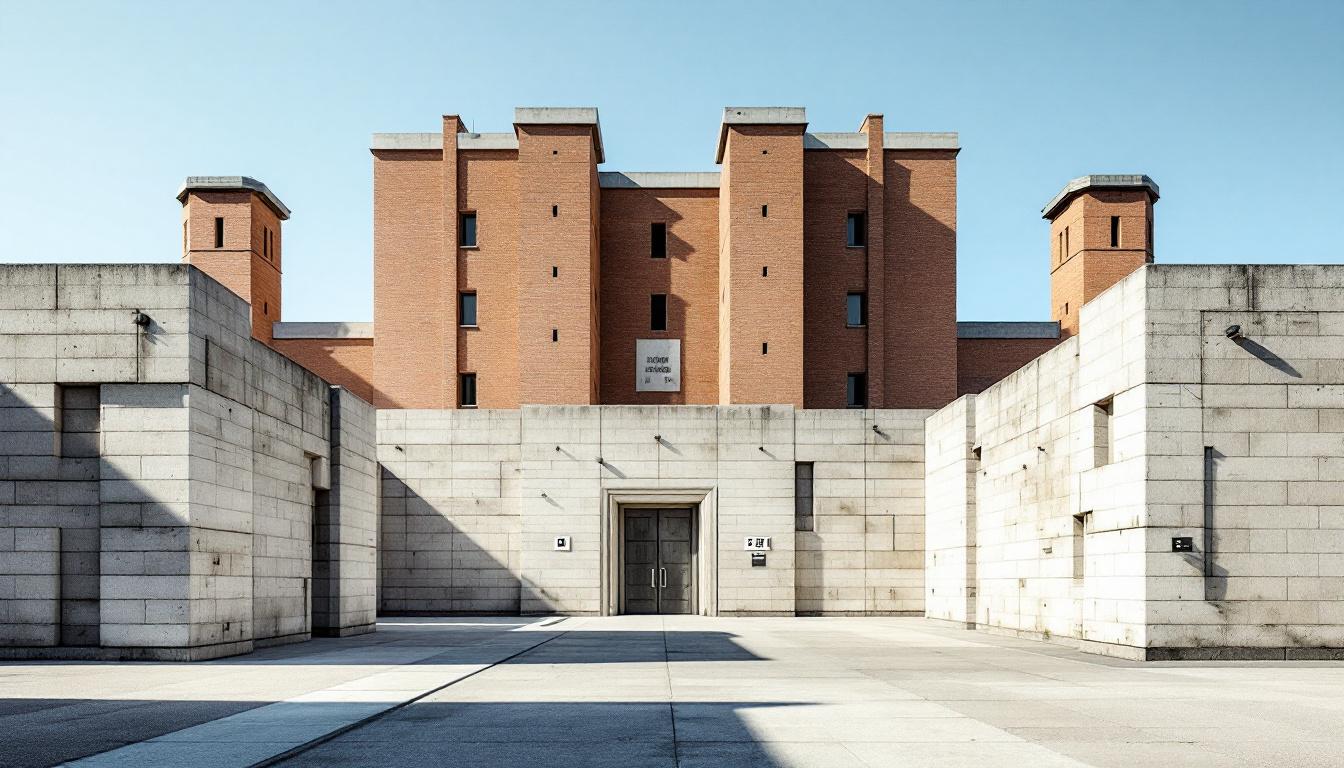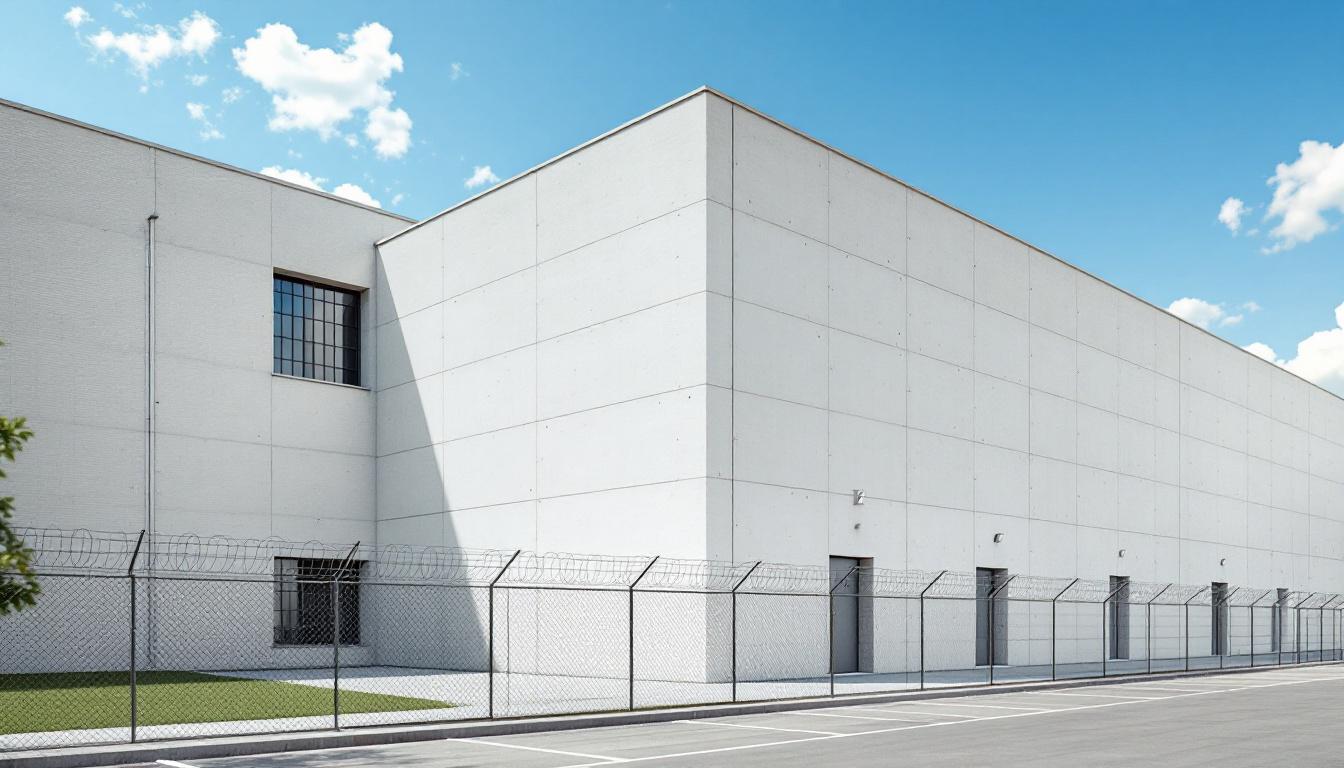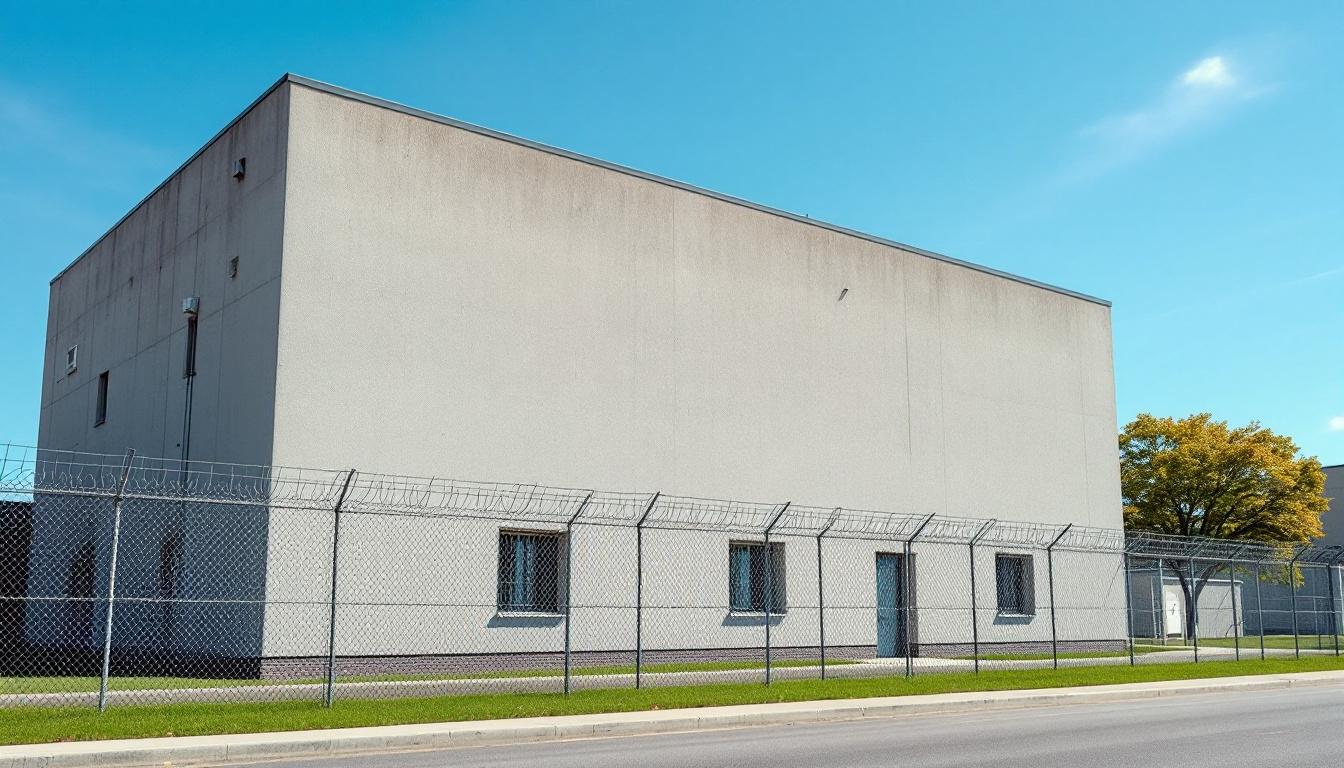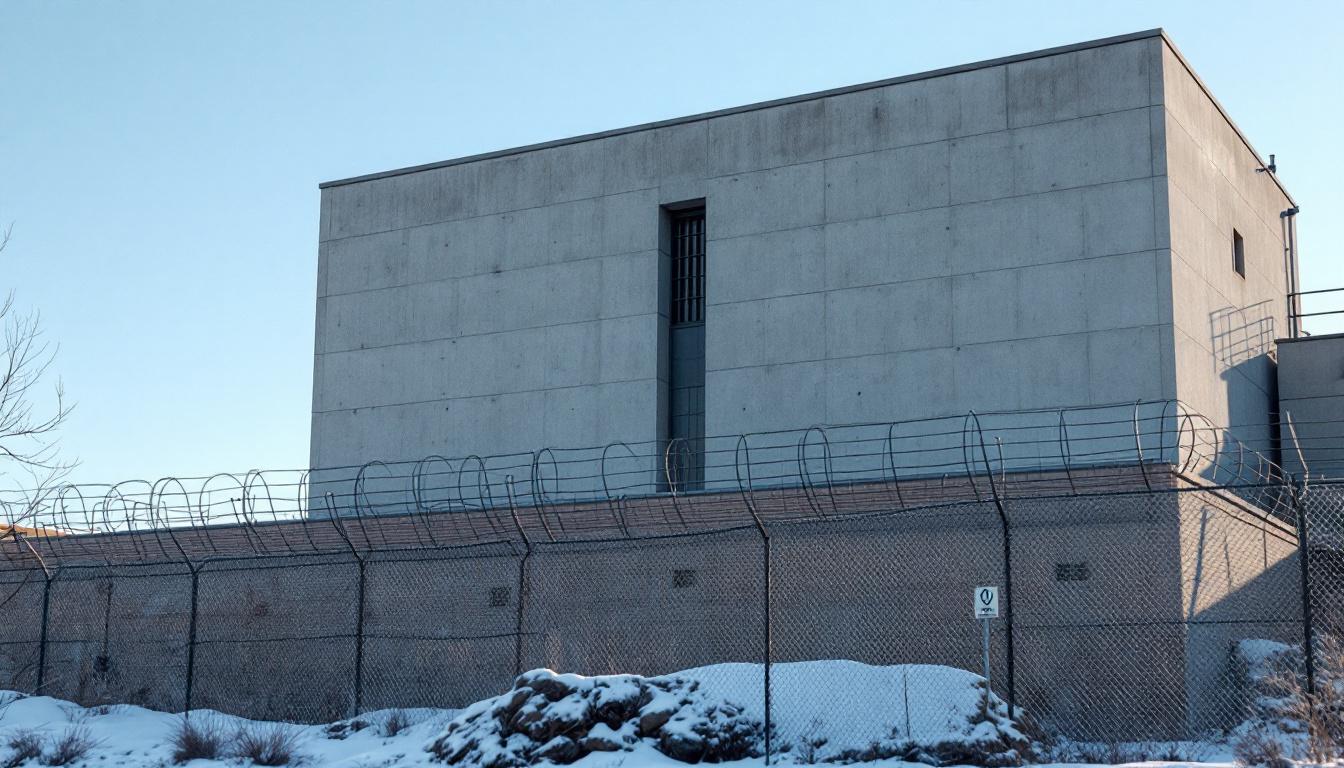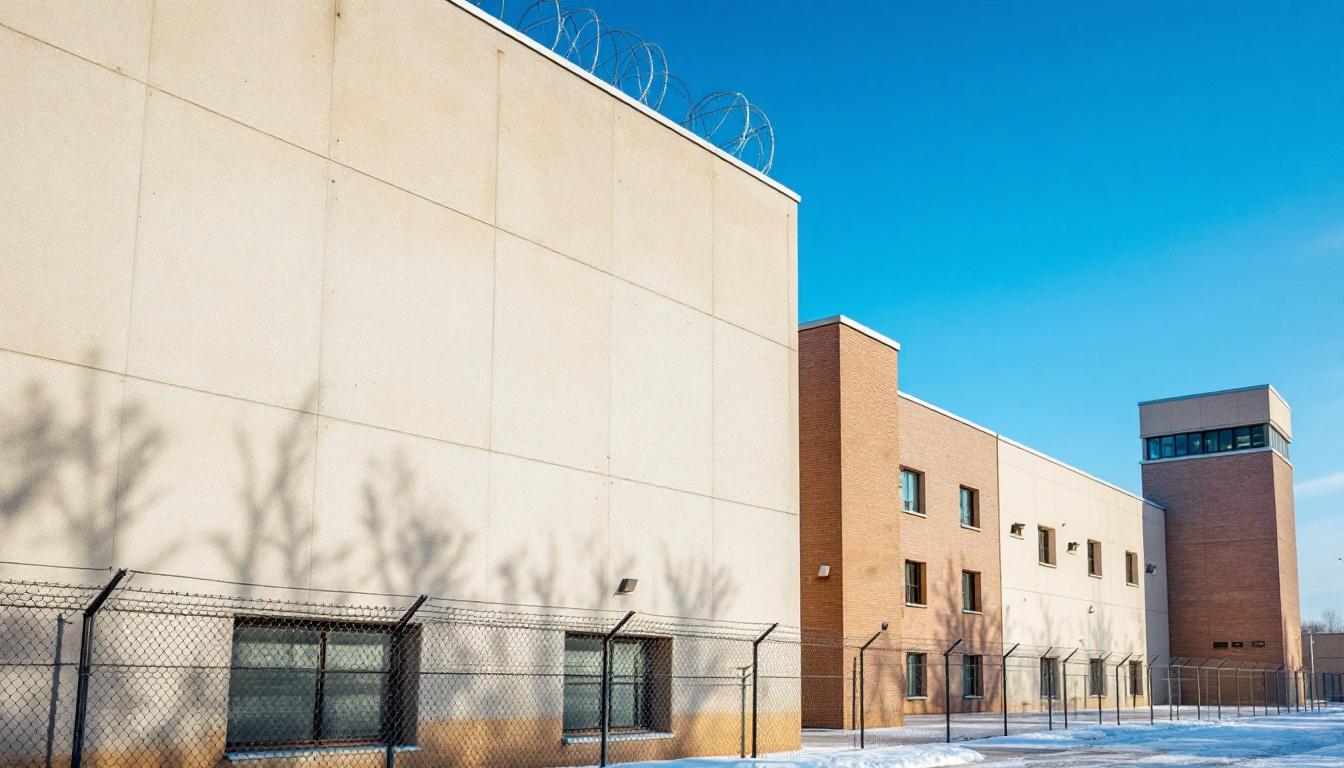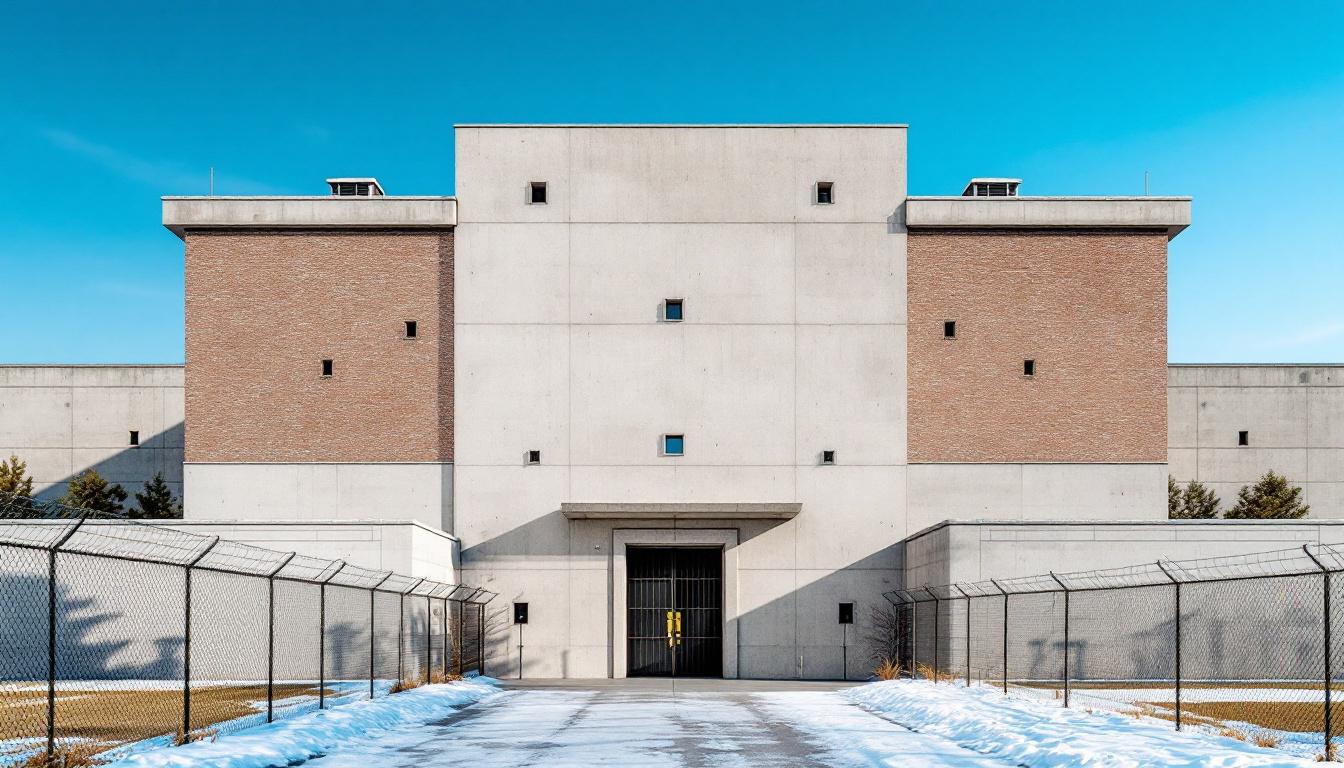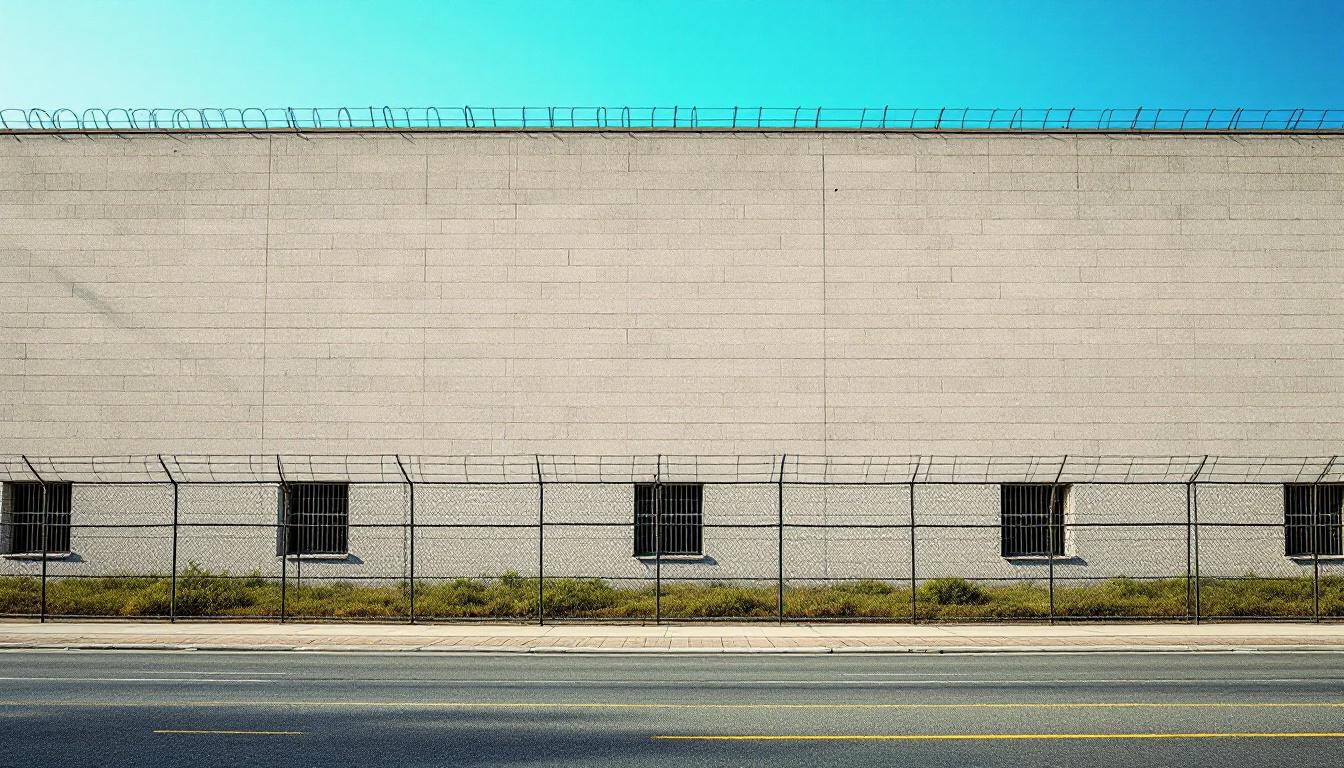
Quick Navigation
How to contact an inmate at Kirkland Correctional Institution
This comprehensive guide will walk you through how to connect with an inmate at Kirkland Correctional Institution. Follow the steps below to find an inmate and send letters and photos:
- Search for the inmate using our search tool below
- Create your account or log in to Penmate
- Write your message (up to 6,000 characters)
- Send instantly - inmates receive printed copies daily
Find an Inmate
Search for an inmate to start communicating today
Tip: You can search by first name, last name, or inmate ID number
To contact a person at Kirkland Correctional Institution start by searching for the person on the official facility website. Perform a search by following these steps:
- Step 1: Enter their first name and last name into the search form and click "Search"
- Step 2: Locate their inmate record
- Step 3: Write down their Inmate ID and any housing information provided
Important! Be sure to enter the person's full name. Nicknames should not be used.
How to Send Messages to Inmates

You can use your phone or computer to send emails, letters, and photos to an inmate. Messages are sent electronically to inmate tablets or kiosks at the facility. If you would like to send a message, start by searching for an inmate at Kirkland Correctional Institution.
Sending Photos and Postcards

A great way to send love and support to a loved one at Kirkland Correctional Institution is to send photos and postcards. It only takes a few minutes to send photos from your phone and it makes a huge difference. You can also mail postcards with words of support and inspiration, or design your own postcard for special moments like birthdays and holidays.
Important! Be sure not to send any explicit photos or they may not be approved by the facility. You can also use a photo printing app like Penmate to make sure your photos are printed at the correct size (4x6 or 3x5) and are mailed according to the rules and regulations of Kirkland Correctional Institution.
Frequently asked questions about Kirkland Correctional Institution
-
How long does it take to deliver a message?
If you're sending an email message your letter is usually delivered within 24-48 hours. For messages sent via mail you should expect delivery within 3-7 days. All messages will need be approved by Kirkland Correctional Institution.
-
How much does it cost to send a message to Kirkland Correctional Institution?
You can send a message free using your phone or mail a message via USPS for the price of a $0.60 stamp and envelope. You can also purchase credits or e-stamps from services starting at $1.99.
-
What services can I use to contact an inmate at Kirkland Correctional Institution?
Penmate
You can use Penmate to send letters and photos to an inmate from your phone. It's an easy way to stay in touch during your loved one's incarceration. Use the inmate locator to find an inmate's location and contact information, then you can send messages within a few minutes.
Securus messaging
Securus may be another option for communicating with an inmate at Kirkland Correctional Institution. You can create a friends and family account and purchase credits to send messages. All messages will be reviewed and must be approved by the facility.
JPay
Some county jails and state prisons may support sending messages with JPay. You must register an account with the system, find your loved one, and purchase stamps to send messages. For some locations you can also attach photos.
Smart Jail Mail
You may also check if Smart Jail Mail is available at Kirkland Correctional Institution. Smart Jail Mail is operated by Smart Communications and has contracted with some state and county jails. After purchasing credits, your messages and photos are sent to the facility, printed out, and then handed out to your loved one.
-
What is the mailing address of Kirkland Correctional Institution?
Mailing address:
Kirkland Correctional Institution
4344 Broad River Rd
Columbia, SC 29210
Phone: (803) 896-1521 -
What are the visiting hours at Kirkland Correctional Institution?
Visiting hours at Kirkland Correctional Institution vary by housing unit and security level. Generally, visits are scheduled on weekends and holidays, with some facilities offering weekday visits. Contact the facility directly at (803) 896-1521 or check their website for the current visiting schedule. Visits typically last 30-60 minutes and must be scheduled in advance.
-
What items are prohibited when sending mail to Kirkland Correctional Institution?
Prohibited items typically include: cash, personal checks, stamps, stickers, glitter, glue, tape, staples, paperclips, polaroid photos, musical or blank greeting cards, hardcover books, magazines with staples, and any items containing metal or electronics. Only send letters on plain white paper with blue or black ink. Photos must be printed on regular photo paper (no Polaroids). Always check with Kirkland Correctional Institution for their specific mail policies.
-
How do I send money to an inmate at Kirkland Correctional Institution?
You can send money to an inmate at Kirkland Correctional Institution through several methods: 1) Online using JPay, Access Corrections, or the facility's approved vendor, 2) Money orders mailed directly to the facility with the inmate's name and ID number, 3) Kiosks located in the facility lobby, or 4) Over the phone using a credit or debit card. Fees vary by method, typically ranging from $2.95 to $11.95 per transaction.
-
Can I schedule a video visit with an inmate at Kirkland Correctional Institution?
Many facilities now offer video visitation as an alternative to in-person visits. At Kirkland Correctional Institution, video visits may be available through services like Penmate, Securus Video Connect, GTL, or ICSolutions. Video visits typically cost $10-20 for 20-30 minutes and must be scheduled in advance. You'll need a computer or smartphone with a camera and reliable internet connection. Contact the facility for their specific video visitation policies and approved vendors.
-
What identification do I need to visit an inmate at Kirkland Correctional Institution?
All visitors must present valid government-issued photo identification such as a driver's license, state ID, passport, or military ID. Minors must be accompanied by a parent or legal guardian who can provide the minor's birth certificate. Some facilities require visitors to be on the inmate's approved visitation list, which may require a background check. Contact Kirkland Correctional Institution for specific ID requirements and visitor approval procedures.
-
How can I find out an inmate's release date?
To find an inmate's release date at Kirkland Correctional Institution, you can: 1) Use the online inmate search tool if available, 2) Call the facility's records department, 3) Contact the inmate's case manager or counselor, or 4) Have the inmate provide this information during a call or visit. For privacy reasons, some facilities only release this information to immediate family members.
Facility Overview
Contact Information
Kirkland Correctional Institution4344 Broad River Rd
Columbia, SC 29210
Phone: (803) 896-1521
Official Website
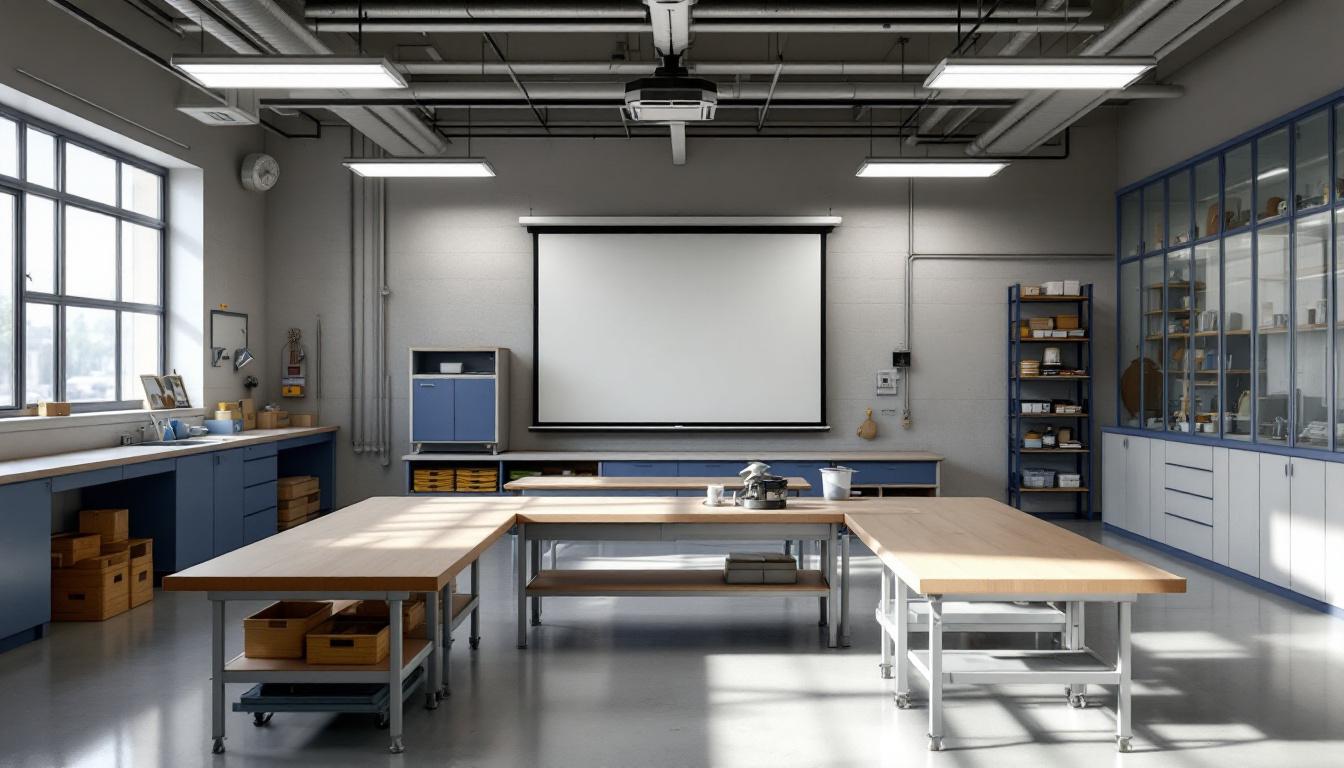
About Kirkland Correctional Institution
Preparing individuals for successful reintegration into society serves as the fundamental mission driving operations at Kirkland Prison, SC, a state correctional facility strategically positioned within Columbia's broader criminal justice infrastructure. The facility's location in South Carolina's capital city provides access to various community resources and support networks that typically enhance rehabilitation efforts for those incarcerated services throughout their sentence progression.
Within South Carolina's correctional system, this facility generally maintains a comprehensive approach that balances security protocols with evidence-based rehabilitation programming. The institution typically offers educational opportunities, vocational training, and behavioral intervention programs designed to address the underlying factors that often contribute to criminal behavior. Mental health services, substance abuse treatment, and life skills development may also form core components of the facility's reintegration-focused approach, helping prepare individuals for their eventual return to the community.
The facility's commitment to security and rehabilitation reflects broader trends within modern correctional practices, where maintaining institutional safety serves as the foundation for meaningful programming opportunities. Staff members typically work to create structured environments that encourage personal growth while ensuring public safety remains the primary consideration. Through this balanced approach, Kirkland Prison, SC generally contributes to the state's efforts to reduce recidivism rates and support successful community reentry for formerly incarcerated individuals throughout the Columbia region and beyond.
Programs & Services
Personal development opportunities at Kirkland Prison focus on building essential life skills that support successful reintegration into the community. The facility typically emphasizes structured learning environments where those incarcerated can develop both practical abilities and personal confidence. These offerings are designed around the principle that meaningful engagement in educational and vocational activities contributes to facility safety while preparing individuals for productive futures.
Educational services form the foundation of the facility's development approach. GED preparation courses may furnish those incarcerated with the academic credentials needed for employment and higher education opportunities. Distance learning options often provide access to additional coursework beyond basic education requirements. These educational offerings typically operate within secure classroom settings that maintain facility safety protocols while encouraging academic achievement.
Moreover, vocational programs focus on teaching marketable job skills in various trade areas. Faith-based initiatives may offer spiritual guidance and community support networks for those seeking religious involvement. Parenting classes often help individuals maintain and strengthen family relationships during incarceration. Community resource connections typically assist with transition planning by linking those incarcerated with local support services. These comprehensive support offerings work together to address multiple aspects of personal development within the facility's secure environment.
Daily Life & Visitation
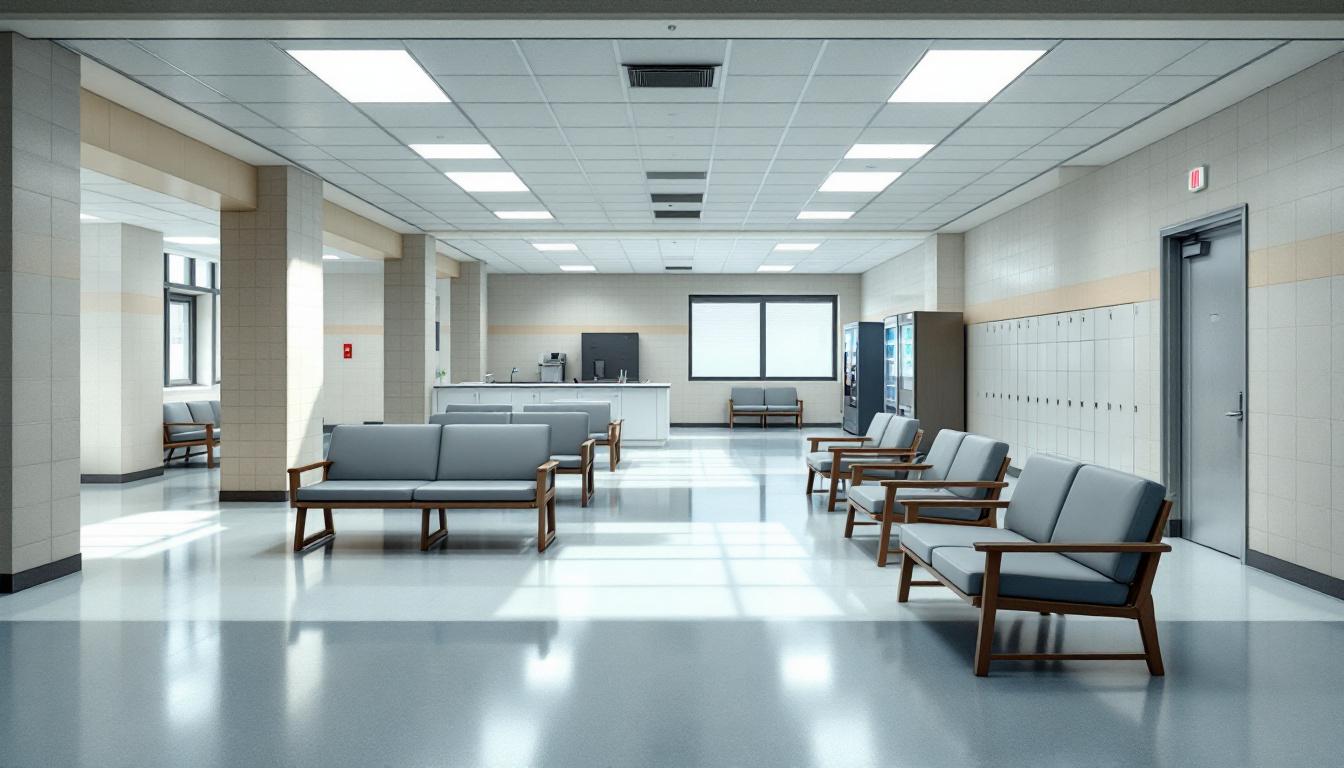
Family connections and peer relationships form the backbone of daily experiences for those incarcerated at this South Carolina correctional facility. Today's routine consistently revolves around structured activities that encourage social interaction and community building. Those incarcerated typically begin their day with scheduled count times, followed by work assignments that often involve collaboration with fellow residents. Meal periods furnish natural opportunities for conversation and relationship maintenance, while recreation time allows for group activities and informal gatherings.
Moreover, living accommodations generally consist of shared housing units where those incarcerated develop supportive relationships with their cellmates and neighbors. The dormitory-style or cell-based arrangements typically house multiple individuals, creating small communities within the larger facility structure. Personal property allowances usually include family photographs and letters, which help maintain emotional connections to loved ones outside. Whereas privacy remains limited, many residents find ways to create personal spaces and respect each other's boundaries within their shared living environments.
The facility generally offers various programs that strengthen both internal community bonds and external family ties. Visitation policies typically allow regular contact with approved family members and friends, providing crucial emotional support. Communication options usually include monitored phone calls and correspondence, enabling those incarcerated to maintain relationships and participate in family decisions. Work assignments often involve kitchen duties, maintenance tasks, or facility operations that require teamwork and cooperation. Educational and vocational programs may also be available, creating study groups and skill-sharing opportunities among participants. These structured activities consistently provide purpose and routine while fostering positive social interactions throughout the facility.
Ready to Connect?
Start communicating with your loved one today
Search for an Inmate
